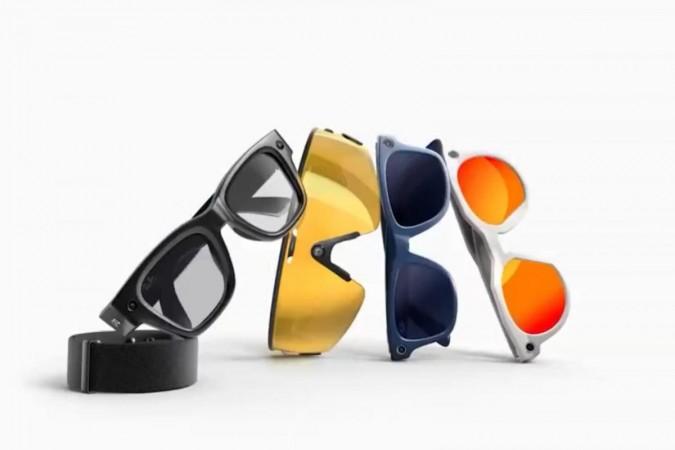
Meta has unveiled its latest push into wearable technology with the launch of the Ray-Ban Display AI glasses and the Meta Neural Band. Announced at the company's Connect 2025 event, the new products are designed to merge digital interaction with everyday life, positioning Meta as a key player in the emerging AI wearables market.
The glasses feature an in-lens display that enables users to check messages, preview images, or access translations without needing to reach for their phones. Combined with the Neural Band, which translates subtle muscle signals in the wrist into digital commands, the devices aim to deliver a seamless, hands-free user experience.
Technology, design and market positioning
The Ray-Ban Display glasses come with a full-colour, high-resolution display that remains visible even in bright sunlight, positioned slightly off-center to ensure unobstructed vision.
Available in Black and Sand colors with Transitions lenses, the device blends consumer style with functional utility.
The Neural Band, made from durable Vectran material, interprets electrical muscle signals (EMG) to let users control the glasses without touchscreens or buttons. It offers up to 18 hours of battery life and is water-resistant with an IPX7 rating, making it suitable for everyday use.

Together, the two devices unlock features such as messaging, video calls, pedestrian navigation, real-time captions, and music playback. Apps like WhatsApp, Messenger, and Instagram are integrated for text and multimedia interactions, while the navigation tool provides turn-by-turn walking directions. Translation support aims to reduce language barriers, one of the standout use cases highlighted during the event.
The package is priced at $799 and goes on sale in the U.S. on September 30 through select retailers. Meta said expansion to Canada, France, Italy, and the UK will follow by early 2026.
Strategic significance and challenges ahead
The launch underlines Meta's ambition to develop its own computing ecosystem, reducing reliance on Apple and Google. Industry observers note that Apple's privacy policy changes have impacted Meta's ad revenues, prompting the company to invest heavily in independent hardware platforms.
Analysts suggest that if Meta succeeds in delivering a reliable and user-friendly experience, the Ray-Ban Display glasses could emerge as the "next big thing" in wearables, potentially creating a new consumer category. The company's decision to bundle the Neural Band indicates a strategy to build stickiness into its ecosystem, much like Apple's integration of devices and services.
As AI becomes central to daily digital experiences, Meta's glasses are positioned as both a new computing interface and a strategic hedge against platform dependency. The coming months will test consumer appetite for AI wearables and whether Meta can scale beyond early adopters.









